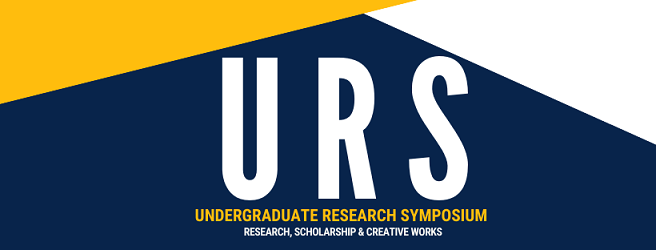Faculty Sponsor
Ryan Carpenter
Final Abstract for URS Program
Several studies have shown that drinking motives are a common and proximal pathway to alcohol use, which is in turn linked to long-term health risks such as chronic disease and cancer. The present study builds on earlier research by examining how drinking alone modifies the relationship between drinking motives and frequency of alcohol consumption. Cross-sectional data were collected from undergraduate students (n = 153) at the University of Missouri - St. Louis through an online Qualtrics survey. Participants (mage = 24.42) were largely female (71.9%) and white (71.9%). Linear regression was conducted in RStudio 4.2. RESULTS: In univariate models coping-anxiety, coping-depression, and enhancement motives were associated with more frequent weekly drinking. When accounting for the effects of all other drinking motives, only coping-depression motives were associated with more frequent weekly drinking. Drinking alone did not increase the strength of the relationship between coping-depression and drinking frequency. Findings indicate that college students who more often drink to cope with feelings of depression are also more likely to drinking at greater frequencies. Increased student happiness monitoring and short interventions targeting depressive symptoms could be an efficacious way of identifying and reducing high frequency student drinking.
Presentation Type
Visual Presentation
Document Type
Article
Publication Date
April 2023


